
Likes, Shares, and Comments: How Social Media Shapes Art w/ Lily-Rose Burgess, An Artist
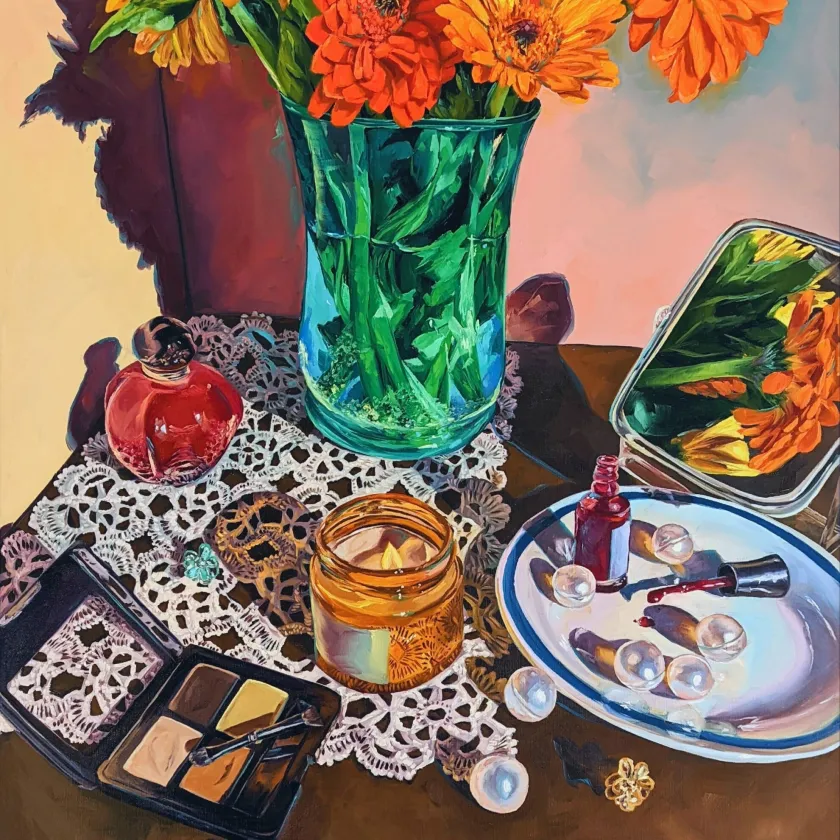

In this episode of Arts to Hearts Podcast Charuka Arora had a captivating and thought-provoking conversation with Lily-Rose Burgess. The two discuss the rewards of pursuing creative pursuits, starting an accidental art business, and the importance of being authentic and transparent in art.
They explore the challenges of evolving as an artist and the need for self-belief and reframing thoughts for success.
The conversation also delves into the impact of social media on artistic expression, validation, and relationships. They discuss strategies for dealing with loneliness as an artist, overcoming creative blocks, and the importance of authenticity in art sales.
This podcast provides an insightful and motivating discussion for anyone interested in pursuing a career in the arts.
Topics covered in this podcast
- 03:56: Conversation Between Lily-Rose Burgess and Charuka Arora on the Benefits of Creative Pursuits
- 07:23: Conversation Between Lily-Rose Burgess and Charuka Arora on Starting a Business from Painting
- 09:15: Conversation between Charuka Arora and Lily-Rose Burgess on Art Practice and Social Media
- 11:40: “Exploring the Impact of Social Media on Artistic Expression”
- 15:58: “The Benefits of Being Authentic and Transparent in Art”
- 18:18: Conversation between Charuka Aora and Lily-Rose Burgess on the Creative and Business Side of Being an Artist
- 19:59: Conversation between Lily-Rose Burgess and Charuka Arora on the Process of Evolving as an Artist
- 24:58: Conversation between Charuka Arora and Lily-Rose Burgess on Pursuing a Career in Art
- 28:13: Conversation on Self-Belief and Reframing Thoughts for Success
- 29:43: Conversation on Social Media Validation and Its Impact on Work
- 33:46: Conversation on the Impact of Social Media on Validation and Relationships
- 34:53: Conversation between Lily-Rose Burgess and Charuka Arora on Dealing with Loneliness as an Artist
- 40:45: Conversation Between Lily-Rose Burgess and Charuka Arora on the Impact of Social Media on Relationships
- 42:54: Interview with Lily-Rose Burgess: Exploring Creativity, Perfectionism, and Social Media
- 44:07: Conversation on Authenticity in Art Sales with Artist Lily_Rose Burgess
- 46:00: Conversation Between Charuka Arora and Lily-Rose Burgess on Overcoming Creative Blocks

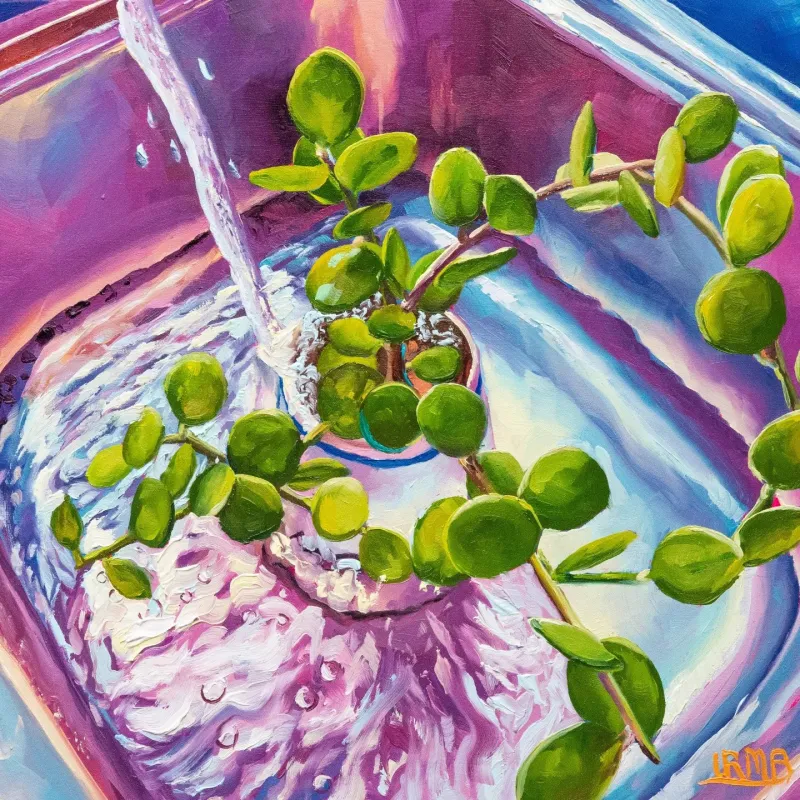
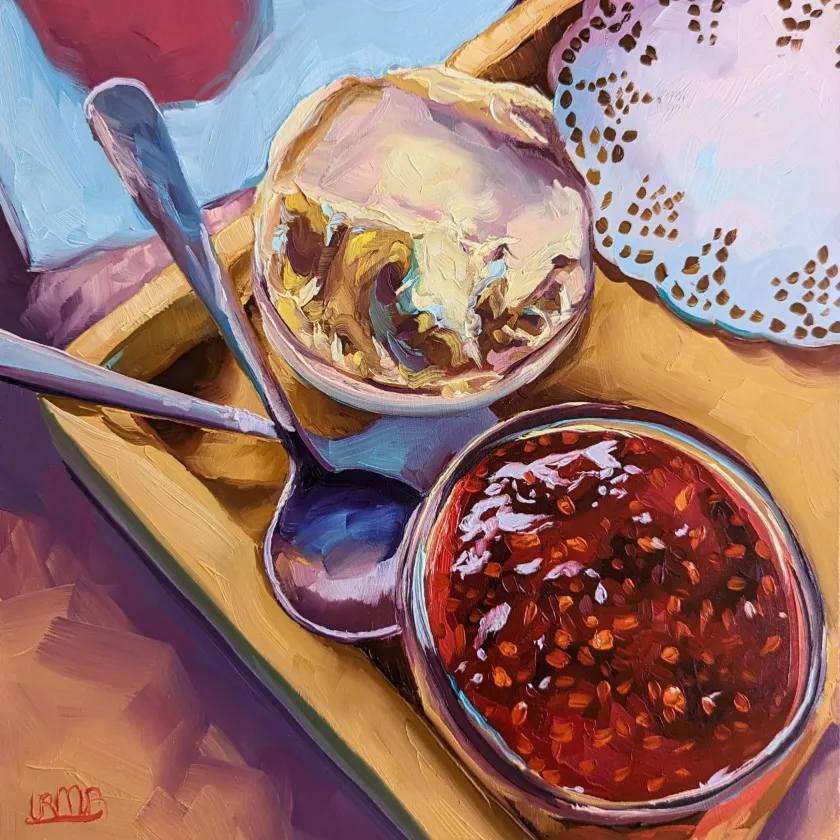
About Lily-Rose Burgess
My name is Lily-Rose, and this is my collection of oil paintings.
I have been creating art, really for as long as I can remember! I have distinct memories of drawing all the time as a child. Now, at 22 years old after a few wrong turns career-wise, I have found my path in colourful, nostalgic still life compositions that are enhanced by the magic of oil paint. My work draws from personal experiences and memories, and I bring beauty and life to objects that are often overlooked due to their mundane nature.
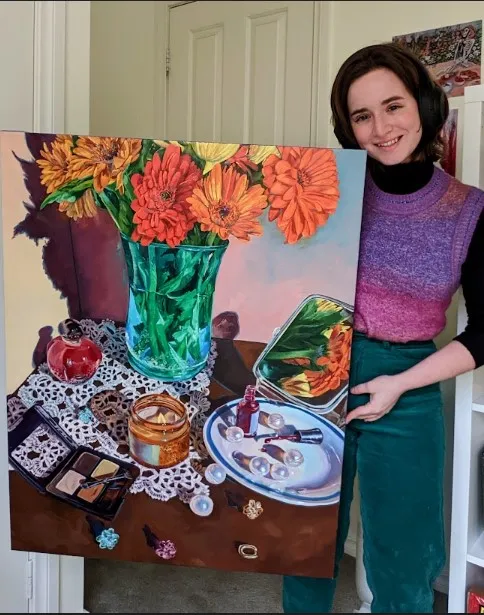
I spend every spare moment of my busy life in Melbourne Australia, doing what I can to improve my practice and learn all I can from others. I work full time as an artist and spend every day living my dream in the studio with a cup of coffee, my cats and my paints.
Painting is my escape from reality as well as my acceptance of it, and I hope my works bring you the same amount of joy and sense of ‘home’ as they bring me.
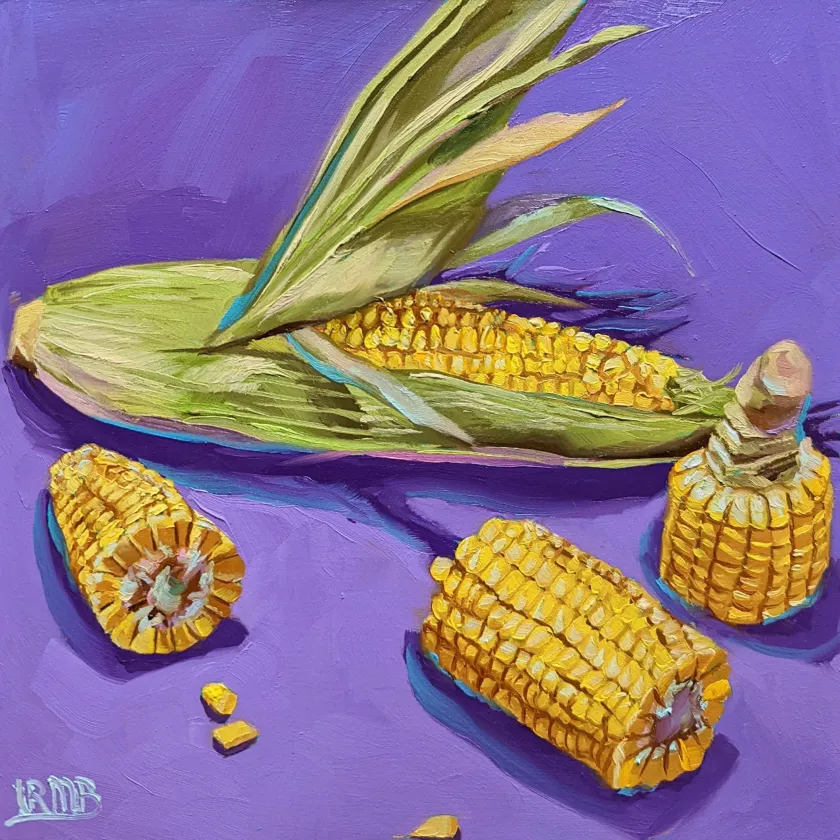
Watch & Listen to this podcast Episode
Key Highlights from the Episode
Q. Charuka: Okay, tell me something. Doing a retreat, you’re taking people to Bali; you’re doing these practically, like, you know, living the life that every artist desires at 22, which is not as easy as it may seem for artists specifically. Let’s say fast. Let me ask you about what you think has been your biggest strength. The biggest advantage that has helped you come here to this point
A. Lily-Rose Burgess: Okay, so I think my own personal biggest strength would be that I’m already a very motivated person. Maybe I feel like I was literally born with good discipline. So that would mean that if I set a goal, um, I’m very like Really, in my mind, I have to do what I said I would do for my own mental sanity, and I think if you don’t have that drive to do what you say you will do, it’s very hard to do this job. There have been so many times when I’ve wanted to give up because things have been really hard. But then I haven’t because of the discipline that pushed me through to success.
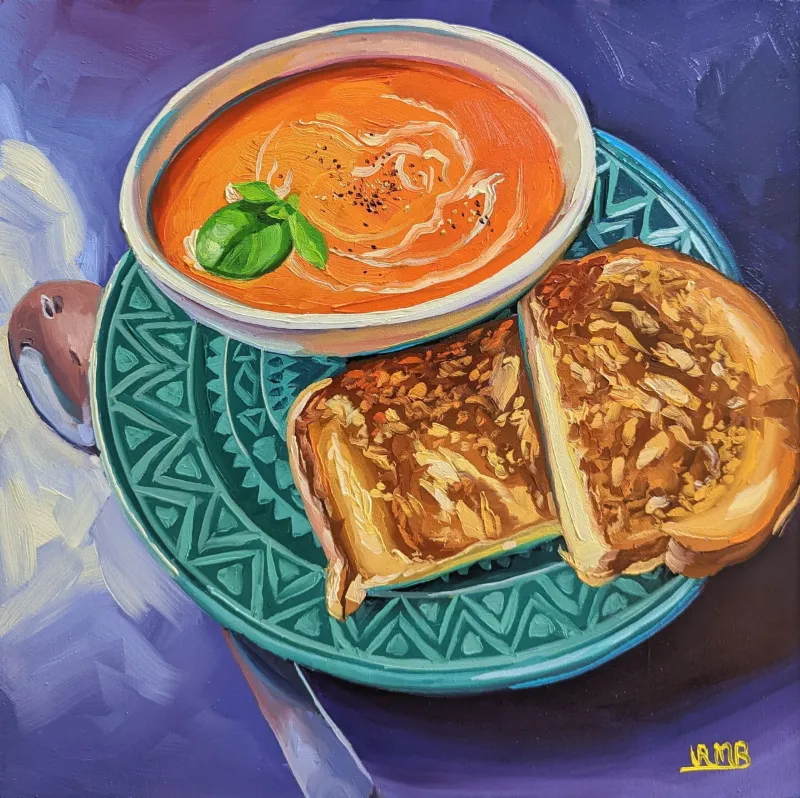
Q. Charuka: So you seem very comfortable with social media, especially Instagram, which is something I think a lot of artists struggle with because I remember watching one of your reels where it was like, you know, you were giving tips on what you feel a lot of artists should be like. Um, it is hard to document, record, and all of that, and I would say, “Um, I would actually say I lie myself a little bit here and there in both areas.
But how do you think you uses social media? How has social media been for you, and what’s your relationship with it?
A. Lily-Rose Burgess: Okay, that’s a very good question. Um, so at the beginning, I really resented the fact that I had to be sharing my process and everything on here, and then I had like a total epiphany. And I was just like, if there was no social media, I wouldn’t have to do this. It would be literally almost impossible for me to be able to pay it full time.
I think people get very upset because they feel like they’re being forced to do it. But when you look at it from a wider perspective, not that long ago you would be starving on the side of the road unless you’d got your working with the gallery.
This wasn’t a possibility before social media, and it’s free to use. It comes with a giant group of people who love you and just want to see you succeed. Like, I have a really healthy relationship with social media now that I realise that all of the resentment just went away and was replaced with gratitude because, ah, it is.
A powerful tool like a gallery can’t make you reach 10000000 people in thirty days
but nothing is what it is, and I think there is a lot to be said for Mindset, like you can look at things from any perspective you want to, and I think if that’s possible to actually just change your perspective on things, it totally makes everything so much easier, like everything seems really positive in my eyes in terms of social media.
There are times where it can get a little bit draining having to be on the phone all the time and everything, but I just like that, and you do have to be part of the catch that you kind of have to be eternally present to have a fully successful business. But that’s not the worst thing because, like, you’re just being present to people who value you and want to support you, like the actual emotional positivity that comes from having that group. It’s invaluable.
It really is, like there are, of course, times, as I said. Where I just feel quite tired and I just make a point to take a day off it and then I feel better the next day I come back and everyone’s like left me really cute messages and comments and it just makes me want to cry every time I think about it, to be honest.
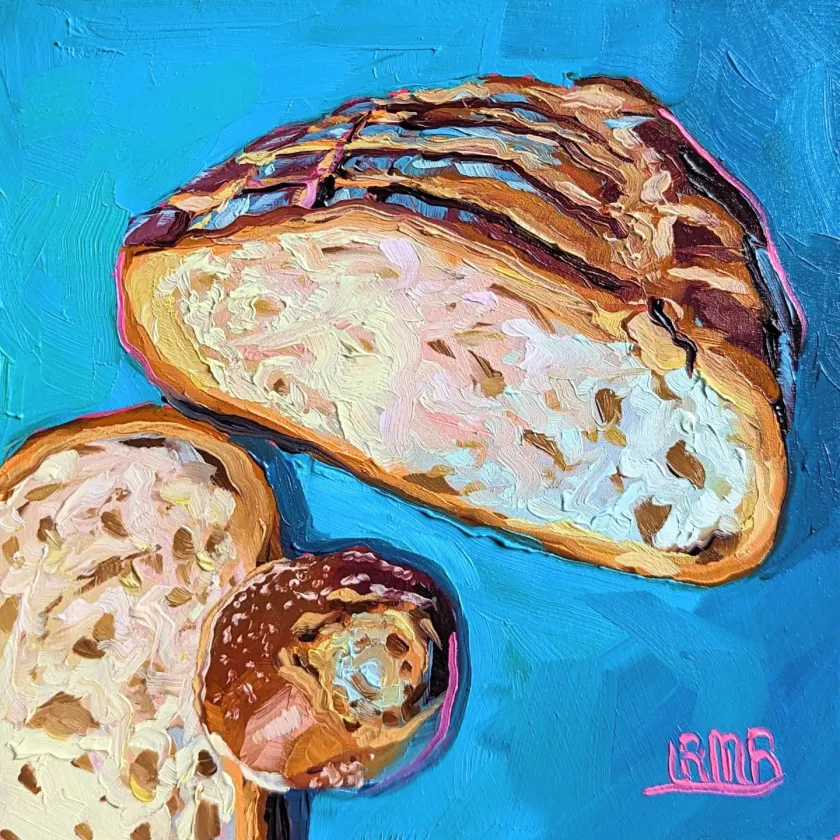
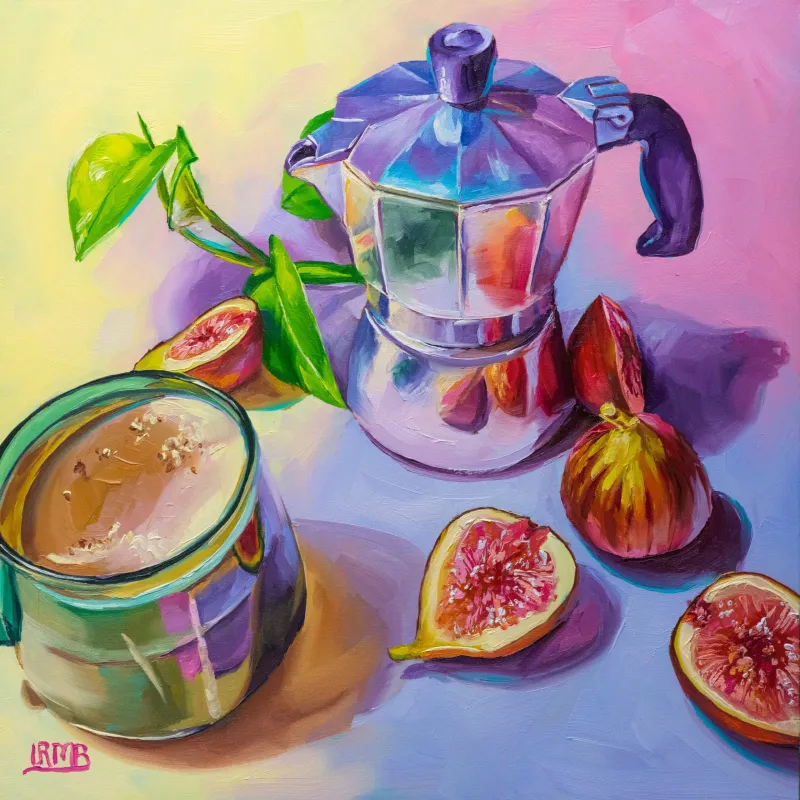
Q. Charuka: But when you’re in the studio, It’s mostly like the real world. It’s way less effective like that unless you choose to have it in your creative process. But with the intake of social media. That’s like this exhaustion of making things look a certain way. Um, you know. You know, also with social media. There’s a constant pressure, like, “Oh, your art needs to look beautiful.
It needs to be shot in this way, or you have to edit it in this way, and there’s a whole ball different game, like a whole different game. Tell me some how, um, do you have these thoughts or not? Is it just I really want to understand why I think people from different age groups react and respond to things differently. You all can, you know, learn from each other. So I really want to see how you deal with it and how you embrace this idea.

A. Lily-Rose Burgess: Yeah, so there are times where I think, you know, I can’t be bothered to film this life. I just want to paint it. And sometimes I just do that. Sometimes I don’t film it, and I’ll just post a photo of it when it’s done. I don’t feel pressure to make everything look perfect. Um, I feel like the real thing. Yeah, I do try to keep it to my own personal high standards. But I also don’t feel like I have to do that. It’s because I want to do it.
So I don’t feel like, “Ah, I’m being forced to do this or my count will die.” I don’t feel that because I know. That the reason I’m here is because I’ve been very transparent with everyone, very authentic, like my main value in this whole art business is to be as transparent as possible, which includes when things don’t turn out right. Um, or they look bad in my opinion.
I’m sort of embarrassed of it, like I’ll just share it anyway, and people really respond to that because it makes me actually seem like a real person, which I am, and less like someone who’s just trying to put on a facade the whole time, which I didn’t really realise.
That’s the whole point, if you don’t put up a facade and you just learn to get comfortable with sharing, which doesn’t take long after you try it the first few times because there’s always such a positive response to it. So if you’re not putting up a facade, You don’t get the same exhaustion from stuff, and if you can just be chill, transparent, and authentic, like I feel, filming things doesn’t feel as forced I feel.
Like when I’m doing a painting, I want to show everyone how I’m doing it, like it’s an inner desire to share rather than a need to share. Sometimes I feel like I have to share when I’m burnt out and tired.
But on the whole, I just want to share with people, so it doesn’t feel to me like a chore. and I kind of like to look at it like, “You know, I’m going to do thousands of paintings probably in my lifetime, and I think it is such a special thing to be able to look back in a video of what you went through to create each piece.
I like to make my big paintings videos quite cinematic, and it makes me smile so much putting them together and having nice music with them. I love watching them. So it’s also I think it’s important to do some soul-searching and try to sort of turn it into something positive for you as well, instead of just a sure thing. But yeah, I also get what you were saying about just wanting to put your mind into the painting, and when I Have that feeling because it’s not all the time.
As I said, when I do have that feeling, I just do that, and I just share a photo. But yeah, I mean, there are sort of, you know, certain standards that you kind of have to comply with when making content and sharing images. Editing them and making sure they look clean and nice is just to satisfy the algorithm and everything, but you don’t have to do that every single time, if that makes sense.
So if you feel overwhelmed by that, Just. Take a break and just do what you can until you feel like you can manage it again.
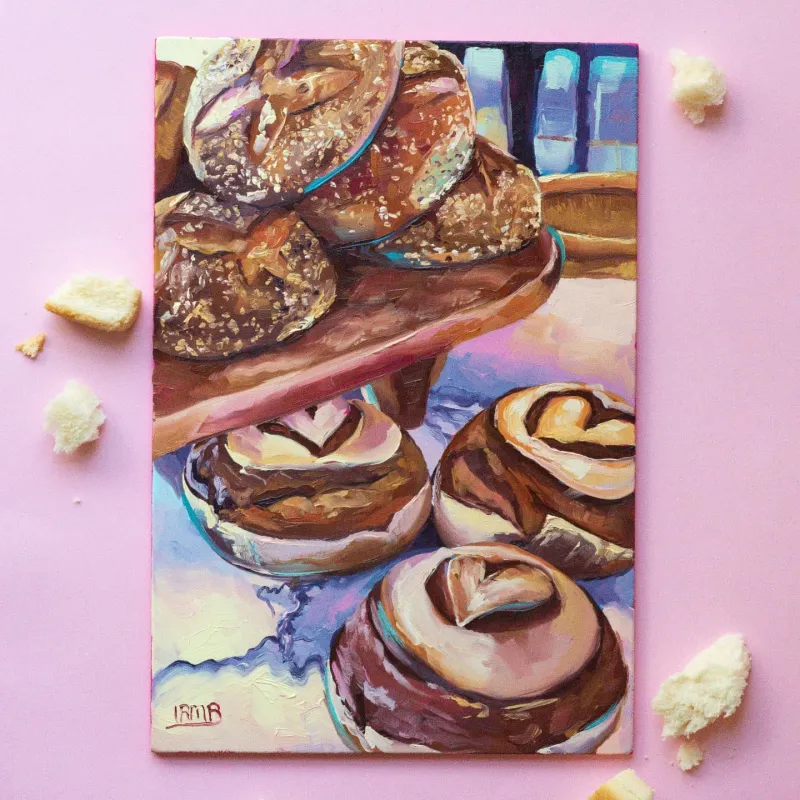
Q. Charuka: Yeah, I think that’s a great way to look at it. Okay, let’s also talk about, um, not only in the sense of social media. But, um, so you don’t come from an art school, if I’m right? Yes, and you put yourself through learning the business side of being an artist but also the creative side of being an artist, and I think technically your work looks, um, beautiful, and you know it’s because you’re very good with your own techniques and your own skill. Let’s talk a little bit about the process of how you have evolved yourself into that.
A: Lily-Rose Burgess: It was definitely a learning process. That’s for sure, because, as I said when I started this, I had no intention of even doing it until it was right in front of my face. So I didn’t have any real business training or anything like that. Um, I sort of had to figure things out the hard way, but I will say this because, when I was starting to share, I wasn’t thinking, I’m trying to sell this.
I just came up with this very real account where I shared my personal life and, like, other things, because I just changed it from a personal account to an art account. So I still had the lingering desire to share the random parts of me, not just the art, and it was mostly my friends and family in the beginning anyway.
So it wasn’t like something I was scared to really do; it just so happens that doing that exact thing is the best way to sell your art, which is why the sales were coming to me without me understanding why it was because I was just not pleased by my work.
I’m selling this like I didn’t make that the top thing that people would take away from my whole vibe in my account by accident. So that is, I think, the part that a lot of artists struggle with.
Because a lot of the time they’re like, I’m going to start an Instagram account to sell my art and that they forget about the whole rest of what’s important with art sales, which is transparency, authenticity, and actually coming across as fully-rounded person.
Um, so I already had that kind of thing down pat at the start by accident, just pure luck, because of the way things unfolded. Um, so. There were other things, obviously, that I really had to learn on the business side, like just managing orders and building websites.
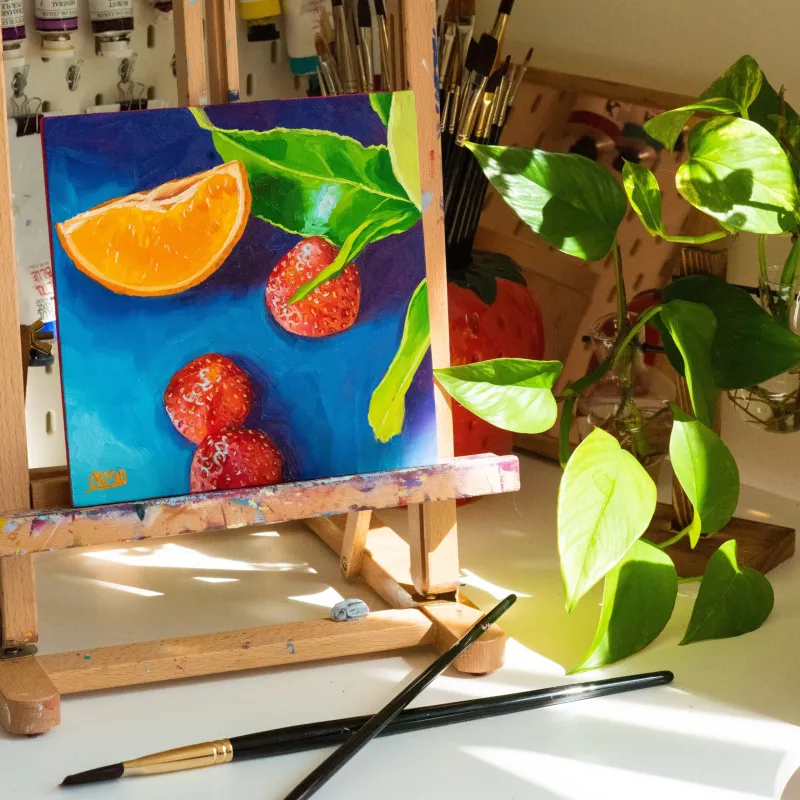
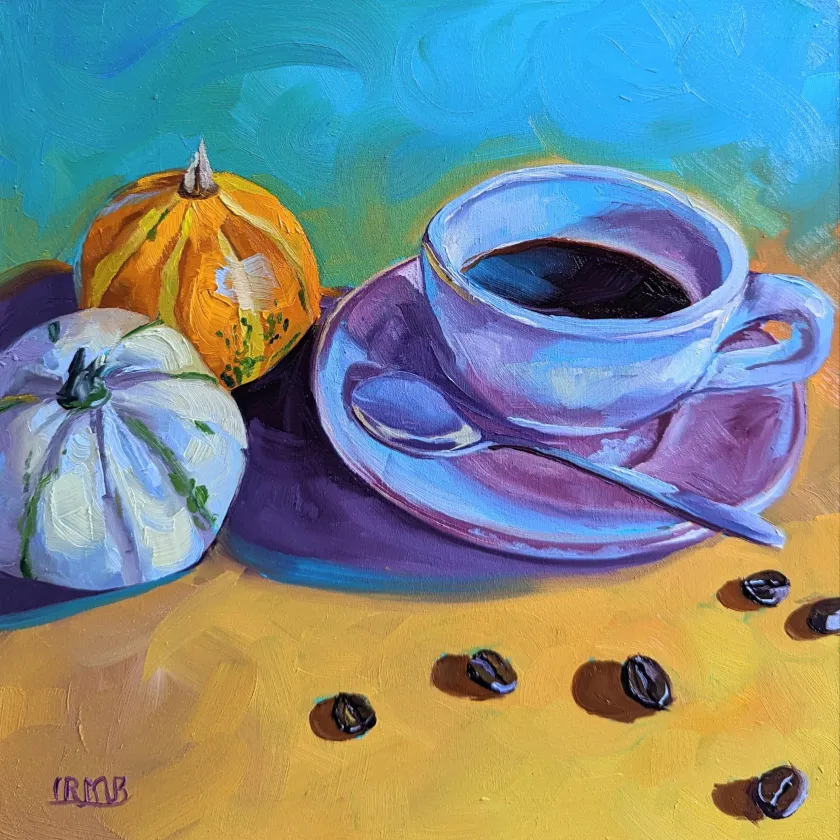

Liked what you read?
Listen to this & other episodes on

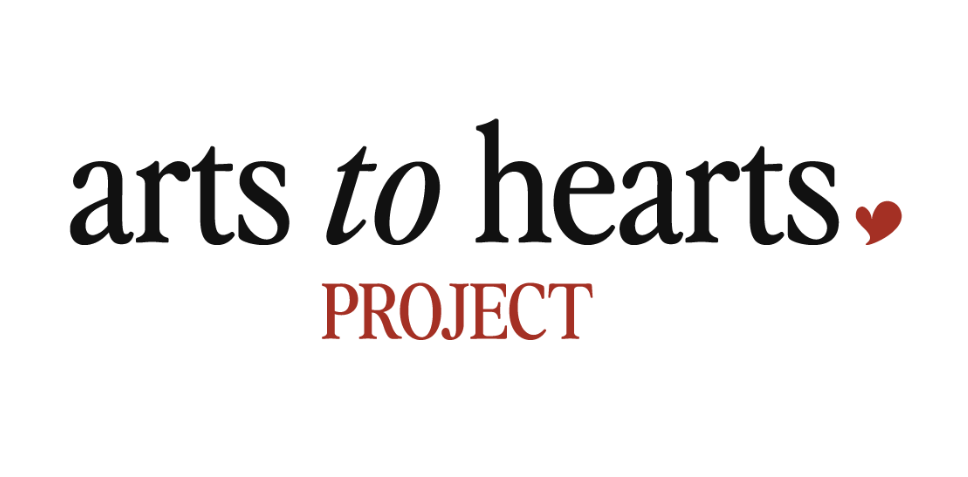
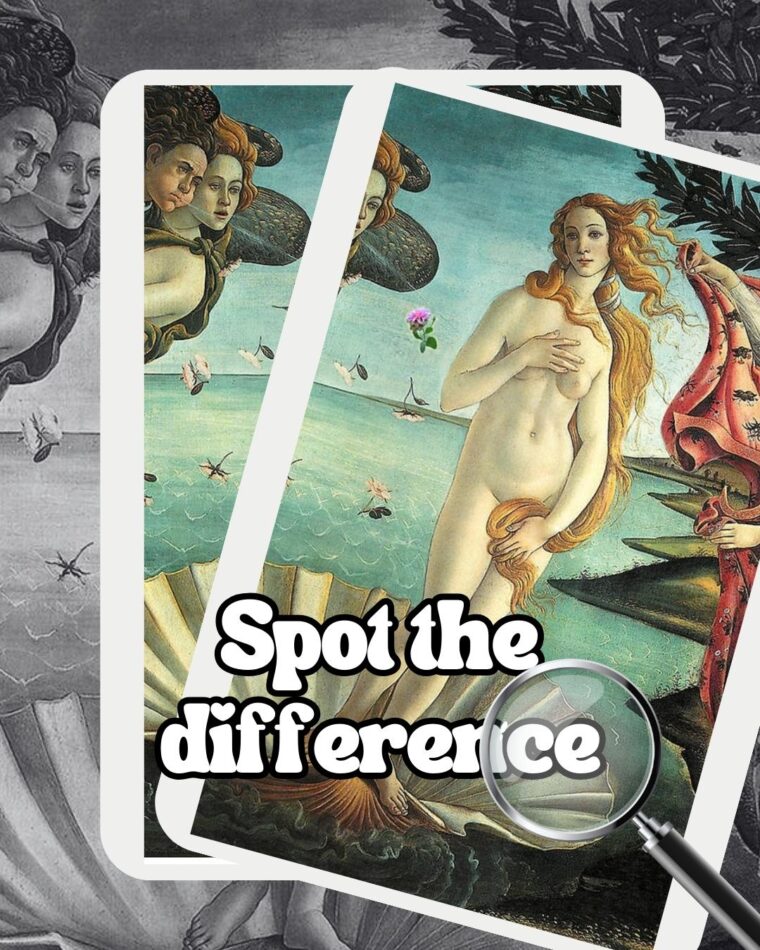

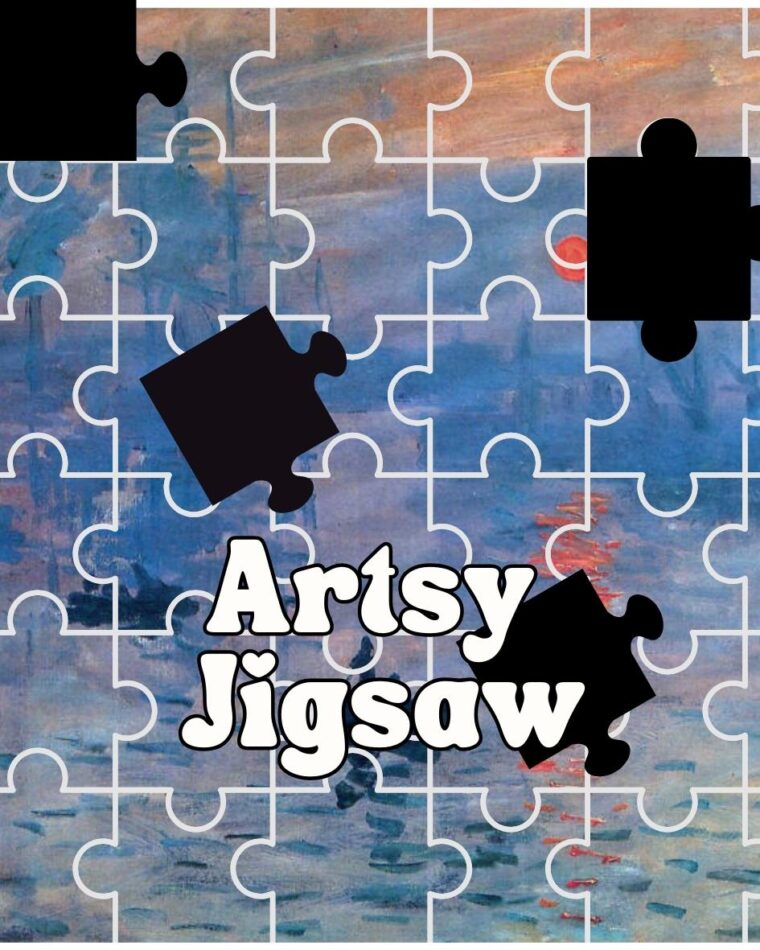
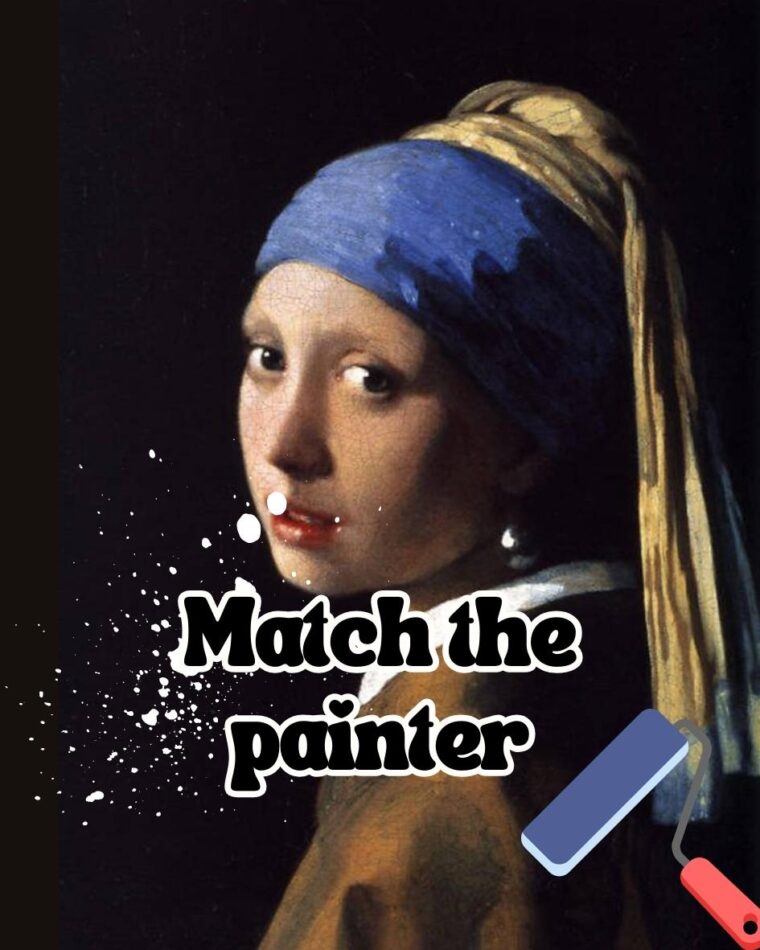




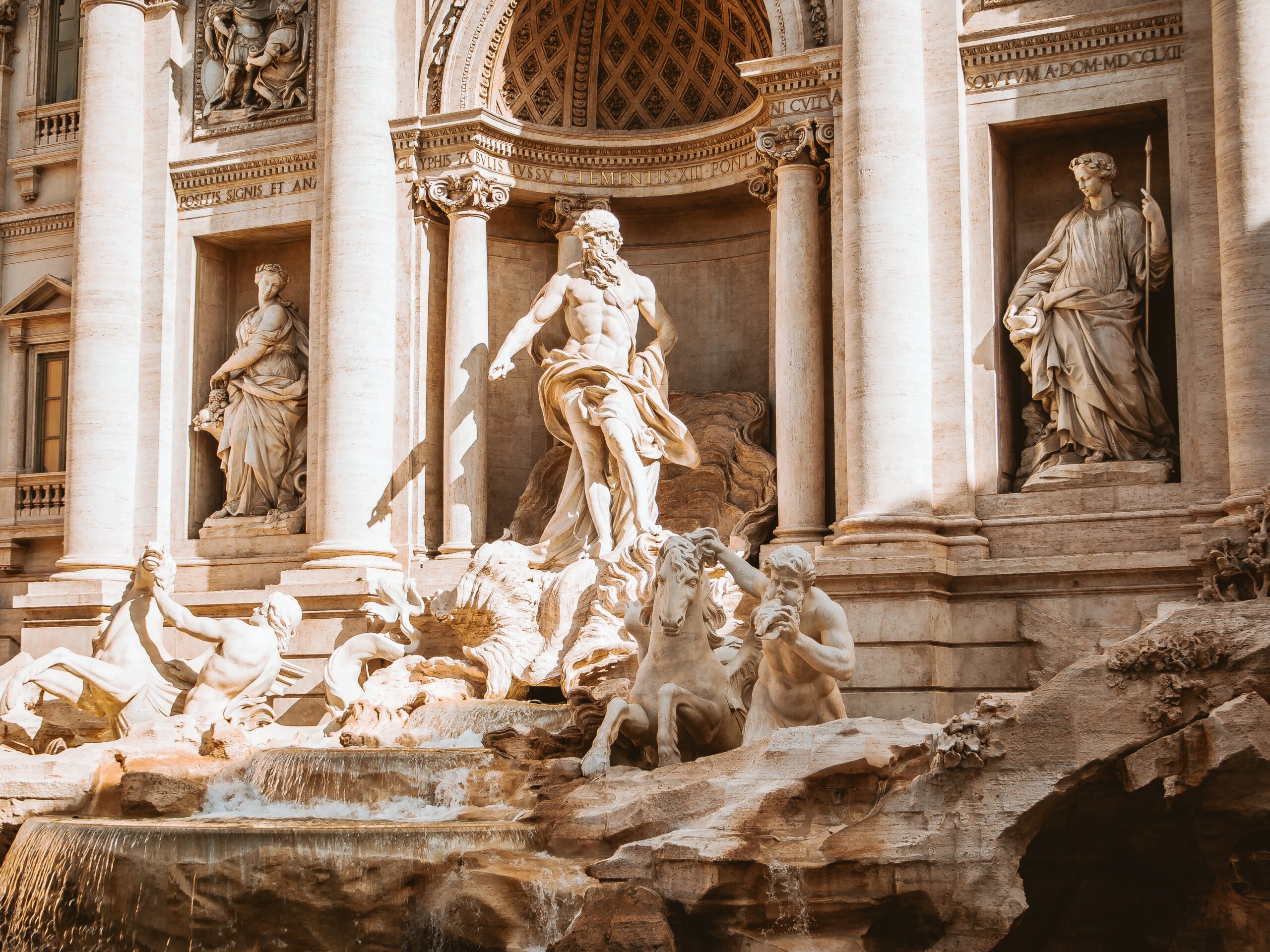

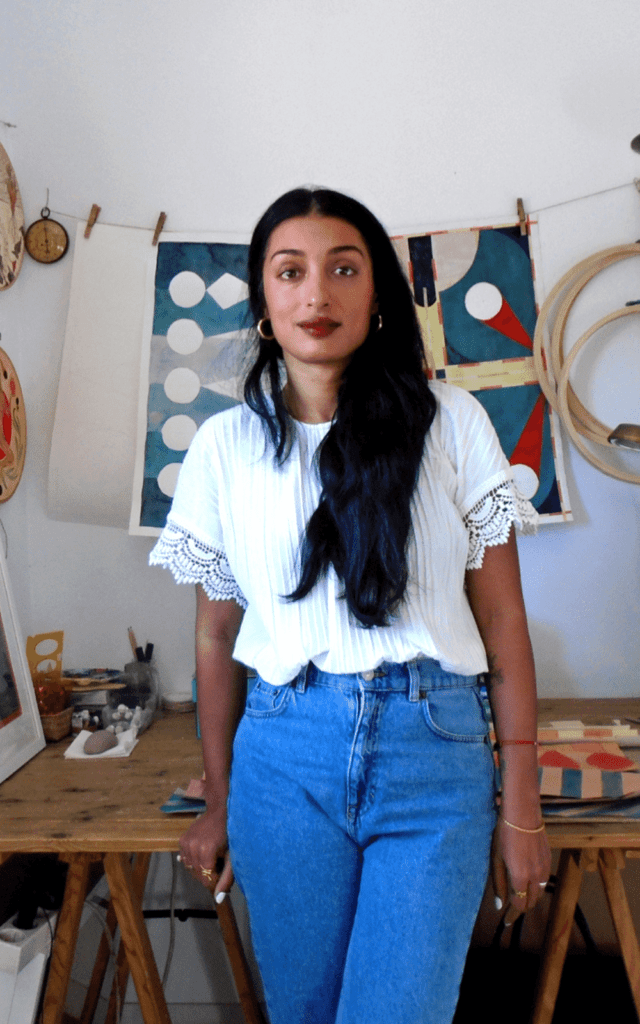

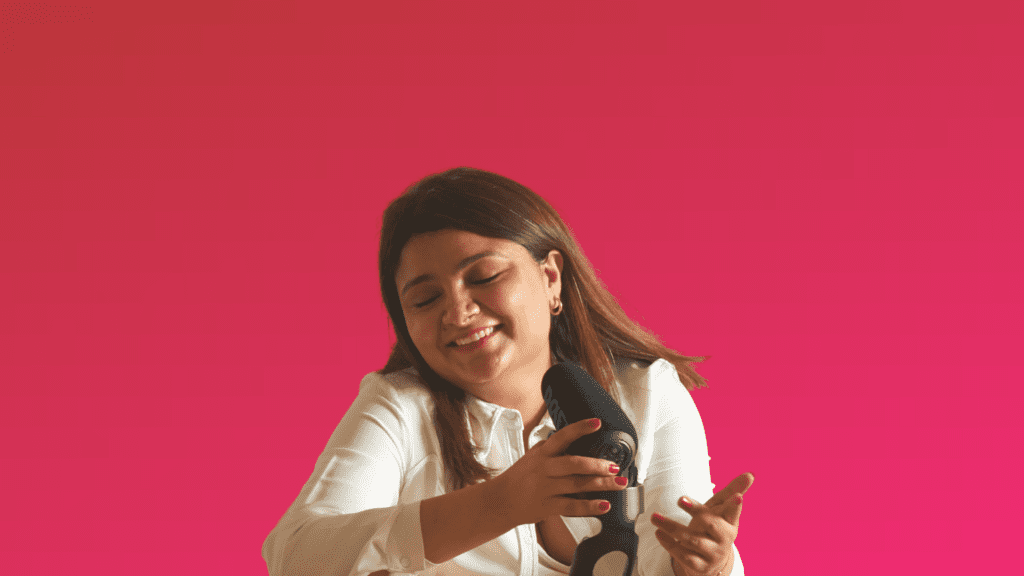
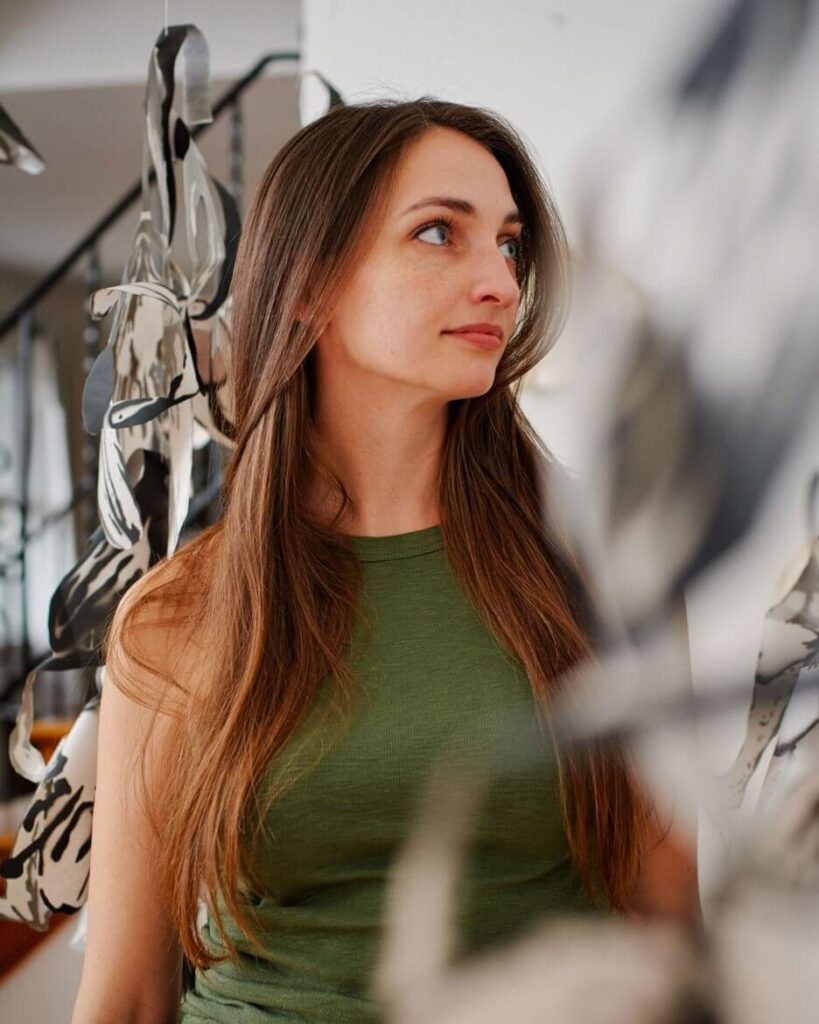
Comments 13